EEF – Equitable Education Fund
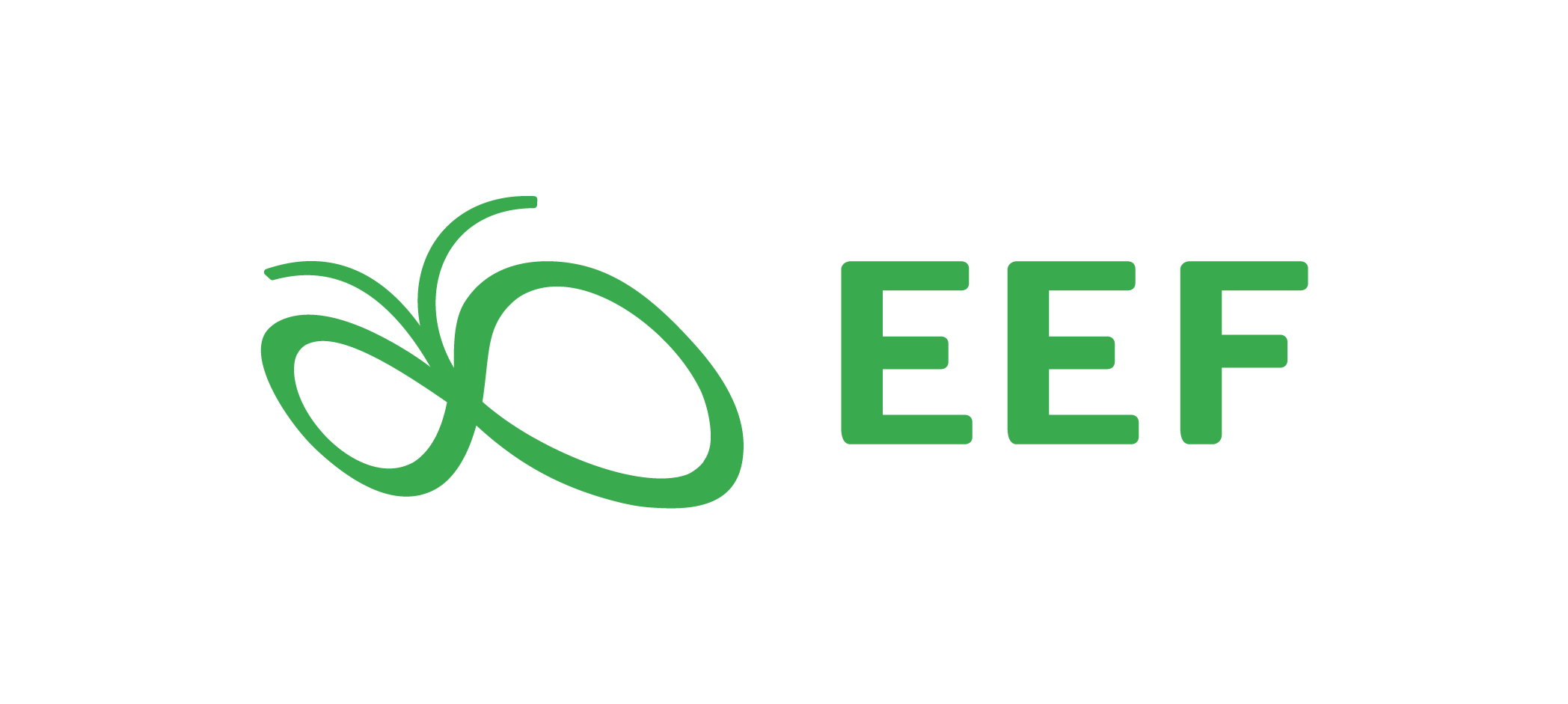
Investing to expand more equitable educational opportunities
The Equitable Education Fund (EEF), Thailand was established under the Equitable Education Act 2018.
The objective of the Act is to provide financial support for children and youth who are in
greatest need, reduce educational inequality by forming partnership with different groups and
conducting systematic research to support and develop teachers’ effectiveness.
EEF is under the supervision of the Prime Minister and is governed by a Board of Governance which
is appointed by the cabinet and has a multi-sectoral structure. The board members include five ministries
(Ministry of Education, Ministry of Finance, Ministry of Social Development and Human
Security, Ministry of Interior and Ministry of Public Health) and six independent experts from
various disciplines (academic, private sector, civil society).
In Thailand there are 569,000 poor
primary and secondary aged students
and EEF will focus on this group
Beyond that there are 670,000
(3-17 years old) children who are out of school.
Many more children who are from very low-income families who have limited opportunities to
get to higher education or secure good jobs. These groups will also be a focus.
Sources :
Poorest primary and secondary aged students are those whose average monthly income of family members are
between 40-300 USD Database of Department of Provincial Administration, Ministry of Interior and Office of Permanent Secretary,
Ministry of Education According to the National Education Account (2017), children who are from very low-income families
(the lowest 20% of the population) have only a 5% chance of getting in to higher education which is about 6 times below the national average
What We Do
We work in partnership with related agencies
We support children, youth and workforce who are in the greatest needs
We support teachers’ development
We conduct studies and research in order to support policy reform and share knowledge of what works
Focus Area

Early Childhood Research
and Technical Assistance
EEF aims to improve access, quality and learning outcomes of early childhood care and education services, especially for the poorest and disadvantaged children through research and technical assistance. EEF will conduct research on education financing on early childhood education, and develop measurement and data collection of school readiness surveys and early childhood longitudinal studies. EEF will also promote quality learning on early childhood care and education services through careful investment and effective management
Conditional
Cash Transfer
EEF will provide the 569,000 poorest primary and secondary aged students with the necessary resources to be successful in their educational endeavors according to their own aptitudes. EEF will also develop an efficient information management system and conduct research on financing for equity to inform policy makers and develop more efficient and effective mechanisms for allocation of resources.
Area-Based Initiative on
Out-of-School Children
EEF will also work with provinces to reach 670,000 children aged between 3-17 years old who are out of school and face multiple challenges. EEF will initially work to develop effective strategies at the provincial level in 15 provinces, partnering with stakeholders to create learning opportunities for out of school children that are flexible and meet provincial education and employment needs and which are aligned with UNESCO’s suggestions related to flexible learning strategies.
EEF will work with and enable stakeholders at provincial level to collaborate and implement education interventions to reach out of school children.
Higher Education for
Educational Equity
EEF will provide full scholarships to targeted students from very low-income families (within the lowest 20%) who have good grades compared with others from the same income tier, so that they are not compared with more fortunate students from higher income families. EEF would seek to select and support about 2,800 scholarships per year.
Scholarships
3 new innovative scholarships will be available to the targeted students
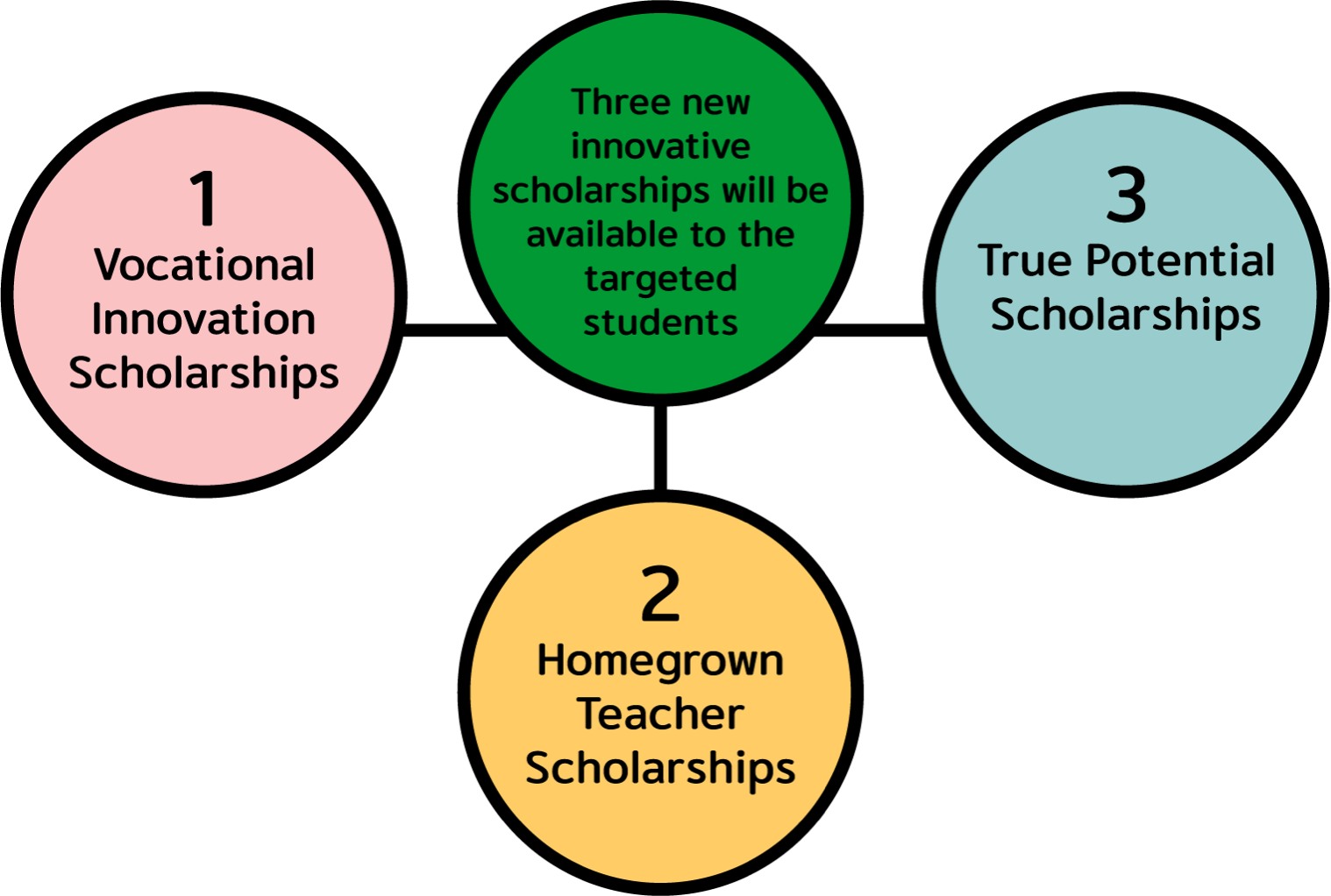

1. Vocational Innovation Scholarships
These scholarships will be targeted at students who intend to work in labour market priority areas. This scholarship program is two-pronged approach aiming to not only provide higher educational access to the target students but also to develop a teaching and learning model with vocational colleges. EEF will support vocational colleges with 2,500 scholarships through a competitive application process. Prospective vocational colleges must address the following objectives in order to receive scholarships and grants
- Students Selection and Career Guidance – Vocational colleges must show how they work with schools in selecting the students who will be qualified to get scholarships and provide quality career guidance service in the schools
- Students’ well-being support – Vocational colleges must show that they will provide necessary support to scholarship recipients throughout their study in terms of academic support, career guidance and social support.
- High demand and high growth occupations program – Vocation colleges must select specific programs that are of high quality in terms of curriculum, be 21st Century Skills-focused and meet the needs of the labour force for the development of the Thailand 4.0’s economy
- Apprenticeship and Engagement of Business – Vocation colleges ensure that students will receive not only theory but also external experiences/market-relevant training that provide them with a real world understanding of career areas through apprenticeship or problem-based learning experiences and that improves their chances in the labour market
- Life Skills and Job Placement – Vocational colleges must provide students with vocational and life skills training and job placement services
2. Homegrown Teacher Scholarships
These scholarships will be offered to students from some of Thailand’s disadvantaged villages and regions to study at the Faculty of Teacher Education in universities.
3. True Potential Scholarships
These more limited scholarships seek to create opportunities for a relatively small number of students to develop their potential through education. It will grant at most 9 years of full scholarships from the Bachelor degree to Ph.D. level in any discipline.
EEF will also provide grants to educational institutes (vocational colleges and universities) to improve their teaching and learning and prepare targeted students with 21st century skills and apprenticeship and guarantee that they will have jobs after graduation. To achieve that objective it will work closely with private sector employers.
EEF will work with educational institutes to develop mechanisms to ensure that these scholarships are provided equitably and to ensure that they benefit those who are both presently disadvantaged and have the best possible chance of benefiting from them.
The present program is the first part of a wider strategy to develop and reform education in vocational institutes and universities that contributes to educational institutes playing a valuable role in meeting the employment needs of the nation.
Equitable Education Research Institute (EEFI)
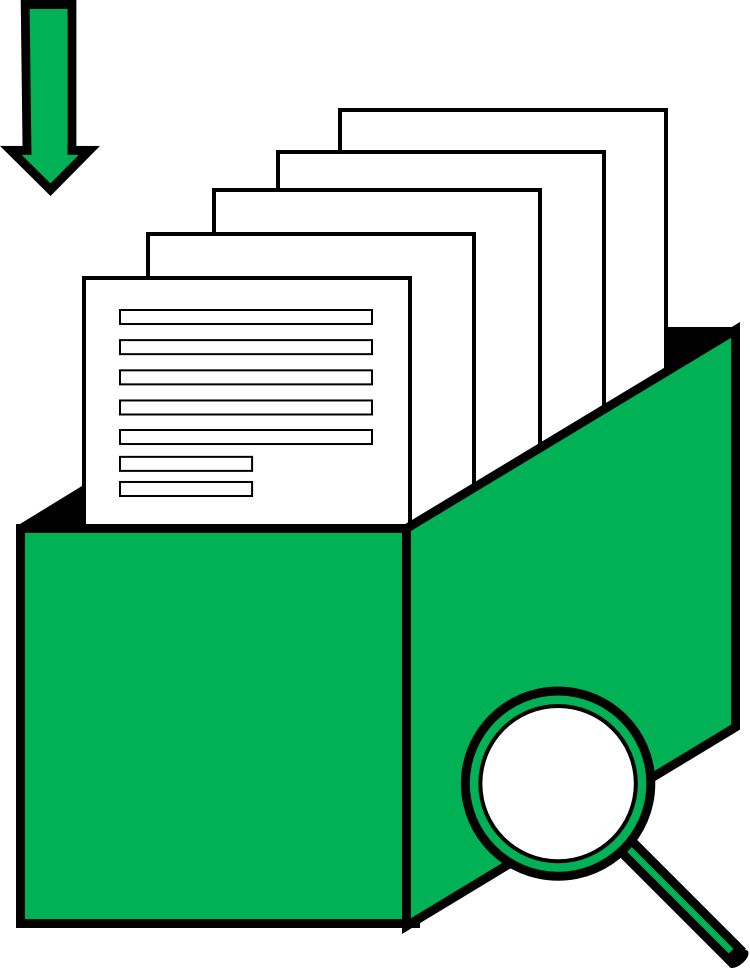
Equitable Education Research Institute (EEFI)
EEFI are also working closely with our international partners including UNESCO, UNICEF, OECD and the World Bank to conduct the cutting-edge research programs for equitable education and human development in Thailand and beyond.

Current Strategic Research Programs (SRP) of EEFI include
Innovative Education Financing
Early Childhood Development
EdTech and Information System
Education System
Area-based Education
Innovative Learning
Behavioral Science for Equitable Education
Innovative Program Evaluation
Technical
Partnership
Board of Governance
The board of governance is composed of 17 members: the Chairperson and 7 Expert Members appointed by the cabinet from qualified individuals in various disciplines (academic sector, private sector and civil society sector), 8 Ex Officio Members (representatives) from the Ministry of Education, the Ministry of Public Health, The Budget Bureau, Department of Children and Youth, the Comptroller General’s Department, the Department of Local Administration and the Department for Empowerment of Persons with Disabilities, and the Manager acts as Member and Secretariat of the board.
The Chair of the EEF is an independent expert.
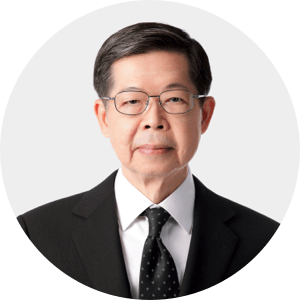
Dr. Prasarn Trairatvorakul
Dr. Trairatvorakul served as Governor and Deputy-Chairman of the Bank of Thailand from 2010 until September 30, 2015. He was also a member of several state organisations including the Securities and Exchange Commission and the National Economic and Social Development Board.
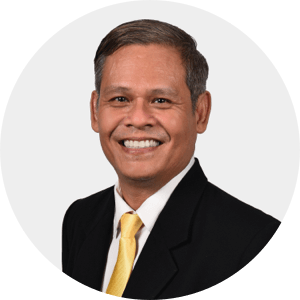
Dr. Supakorn Buasai
He is also the founder and Chief Executive Officer of the Thai Health Promotion Foundation (ThaiHealth), an autonomous state agency funded by ‘2% of tobacco and alcohol taxes’ that is involved in health promotion and public policy development.
His chief areas of expertise include research management, with particular emphasis on policy-linked research; management for social mobilization; and policy advocacy, including successfully implementing policy change with regard to tobacco tax increases, the amending of the Hospital Act, national health security legislation, the national health system reform decree and the Thai Health Promotion Foundation Act.
Contact Us
EEF – Equitable Education Fund
388 S.P. Building 13Th Floor
Phaholyothin Road, Samsennai,
Phayathai Bangkok 10400
Thailand
Phone : +66 20795475
Fax : +66 26191812
E-Mail : info@eef.or.th